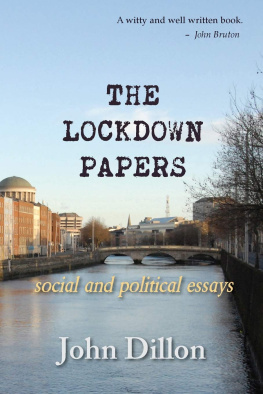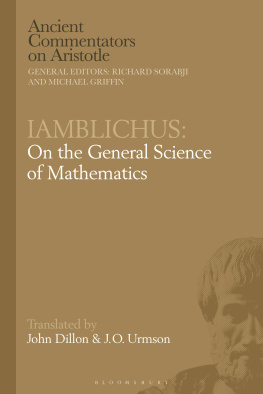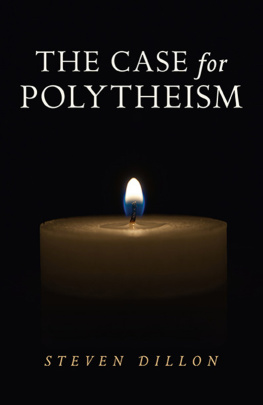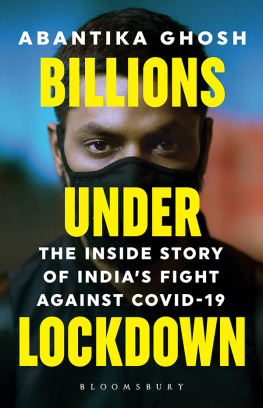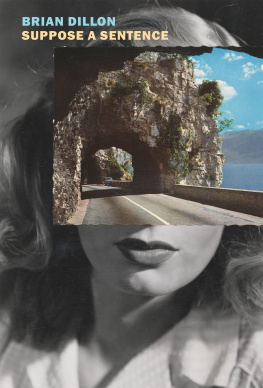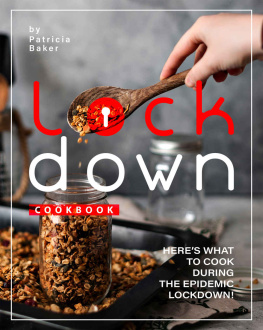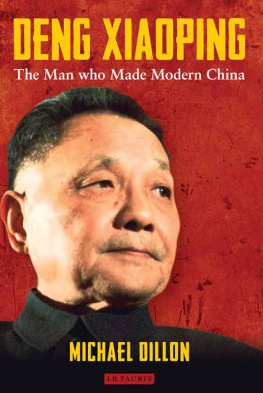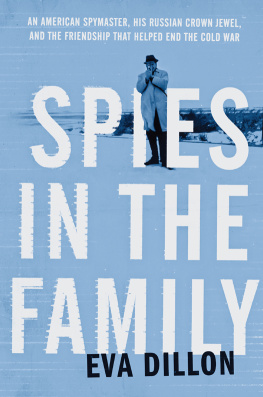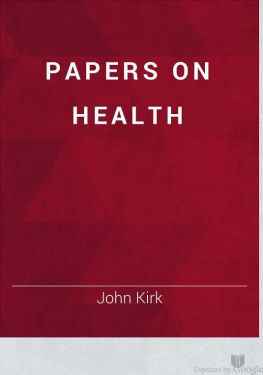By the same author
The Middle Platonists (1977/1996)
Salt and Olives: Morality and Custom in Ancient Greece (2004)
The Heirs of Plato: A Study of the Old Academy (2005)
The Roots of Platonism (2018)
As editor
The Greek Sophists (Penguin Classics, 2003)
The Enneads by Plotinus (Penguin Classics, 1991)
Fiction
The Scent of Eucalyptus (2019)
Copyright page
The Lockdown Papers
1st Edition Published by
Katounia Press, Dublin, 2021
www.KatouniaPress.com
ISBN: 978-1-8383454-0-2
John Dillon 2021
This book is sold subject to the condition that it shall not, by way of trade or otherwise, be lent, resold, hired out, copied, digitally reproduced or otherwise circulated without the authors prior consent in any form of binding, cover or digital format other than that in which it is published.
ABOUT THE AUTHOR
John Dillon is Regius Professor of Greek (Emeritus) in Trinity College Dublin, having returned there in 1980 from a period in the University of California, Berkeley, where he was a member of the Classics Department from 1969 onwards. Prior to that, after graduating from Oxford, he spent some years in Ethiopia, teaching English in Addis Ababa. His chief area of interest is the philosophy of Plato and the tradition deriving from him, but he has always had an interest in more popular forms of writing as well, together with a weakness for practical politics, which he does his best to resist. The present volume contains a selection of the results of these journalistic tendencies. A second edition of his novel, A Scent of Eucalyptus , came out in 2019.
See more at: www.JohnDillon.ie
Acknowledgements:
These collected letters, esssays and articles
first appeared in The Irish Times , The Irish Independent
and The Sunday Independent
from the 1960s until the first decade of the twenty-first century.
Preface
This is a book of surprises, offering the perspectives on life and society of a learned mind infused with humour, anger, irony, irreverence and much that is wise over forty years of a richly lived life.
John Dillon, former Professor of Greek at Trinity College Dublin, and a member of one of the countrys most distinguished political families, provides us, in The Lockdown Papers , with a book of essays, letters and newspaper articles that span from his African years to his most recent reflections on twenty-first century events.
The greater part of the book is taken up with a running commentary on the main political, social and cultural events in the changing Ireland of the 1970s to recent times. Hindsight often deals harshly with judgements and predictions handed down on an almost weekly basis and John Dillon often got it wrong with the evidence here for all to read. But more often than not he is on the ball, and clearly he has good material to work with, as he takes us through the Haughey years and the scandals of those frenetic times.
Rumours, often of a most lurid kind, are revisited, and more than once the reality proved even more lurid. We meet again Bishop Casey and Larry Goodman, the Kerry babies, the various tribunals, Brendan Smyth and the missing files, political heaves and coups that were and predicted coups that never were. We follow the emerging sex scandals in the Catholic Church and the arrogance and complacency of a hierarchy accustomed to unquestioning obedience.
It offers us commentary on events as they happened as the country argued with itself over the hitherto taboo topics of contraception, abortion and divorce. Gay rights were still far in the future, but on these issues we get the robust, informed and often acerbic views made without fear or the benefit of hindsight. For most people of a certain age, their own memories will be awakened, and not always comfortably.
And of course, the North is never far away. John Dillons views here are those of an old-fashioned constitutionalist. He is hard on Sinn Fein, but as John Dillons grandson he is equally alert to the wiles and treachery of perfidious Albion. And like most of us at the time, he had no idea how it would all work out. Or indeed if it would.
On the question of his political predictions and whether he got most of them right: more often than not, not, as I say; but consider this example from 2007, when he counselled Enda Kenny and Pat Rabbitte not to seek to form a coalition when such seemed possible:
On the other hand, Enda and Pat, it is better if you stay on your high horses and let Bertie back in for a bit. There is undoubtedly something of a bust-up coming in the economy and it really would not be good for democracy if it could all be blamed on the foostherings of a ramshackle coalition government which would collapse after one and a half years and allow Fianna Fail to coast back in. Better to let Bertie clear up his own mess.
He got that one right.
John Dillon does not dwell much on his own experience as an election candidate. Perhaps just as well, because if he had followed the family route into politics we would not have had this book a delightful pot pourri, at times idiosyncratic but written with old-style elegance, pungent and direct where it needs to be, and always with a refreshing absence of humbug, and always with honesty.
Maurice Manning
Introduction
I always wanted to be a writer that is to say, a rather louche character with long, straggly hair, a mauve smoking jacket, a cigarette holder, and perhaps a sultry mistress, based preferably somewhere on the Riviera, or possibly one of the smaller islands of the West Indies. Fate along with some discreet nudging by my father decreed that I become an academic instead. Nonetheless, over the years I have from time to time, either provoked or unprovoked, indulged in literary or journalistic experiments of one sort or another, and I thought, at this late stage of my career, that it might be worth gathering some of them together, if only for my own amusement.
In a way, this may be seen as a gentle riposte to my father. I can recall him declaring, when, in 1961, in my early twenties, on the heels of a rather expensive and elaborate education, I declared my preference for turning to creative writing, that it was a very precarious and stressful calling, and that I might well end up like that poor fellow Joyce (he had had occasion to call on James Joyce when he was in Paris as a post-doctoral student of Indo-European philology in the mid-1920s, and had found Joyces life-style and living conditions rather depressing, as indeed they were). This, it must be said, coexisted in his mind with a certain regard for Joyces writings. He preserved a first edition of Ulysses, which he had picked up in Paris when he was there, and he liked to take down his copy of Finnegans Wake from time to time, and read portions of it out loud. He was also, however, an old friend of Oliver St. John Gogarty, and shared the latters scepticism as to the ultimate value of what Joyce was trying to accomplish in the Wake. And he liked to remind people that the famous Tower was not Joyces at all, but Gogartys .
I also remember him, in that same year, as a desperate device to discourage me, inviting the distinguished journalist Ulick OConnor out to dinner at the house, with the express remit of describing to me the precariousness of the life of a freelance writer, which Ulick duly did. I remember him emphasising how one is completely at the mercy of ones editor, and only as good as your last article; in fact, he dutifully laid it on with a trowel, and fully earned his dinner. Slightly sobered by that, I went off instead to teach English in a private school in Addis Ababa, Ethiopia.

